Taarof: Meaning, Examples & all You Need to Know
“I had long ago learned that when you are the giant, alien visitor to a remote and foreign culture it is sort of your job to become an object of ridicule. It’s the least you can do, really, as a polite guest.” – Elizabeth Gilbert
Politeness is universal. All around the world people value and appreciate it. All around the world people have developed different ways of expressing it, different etiquettes. But has it ever happened to you to think that in some cultures they take it a little too far? Or that you’re not made to fit in that sort of behavior? It is what I thought when I came to Iran.
In Iran, people offer you their food when they are hungry; shopkeepers tell you, you don’t have to pay for what you’re buying; hosts invite you to extend your stay indefinitely; friends fight you to get the bill in a restaurant; queues of colleagues build up in front of a door as one of them decisively insists that you should be the first to cross into the next room; the boss eagerly asks if you’d like him to make you some tea; an old man fills his glass with water and then offers it around before drinking, and a stranger says you now own the lighter you just borrowed. In short, you’re just overwhelmed by an endless sea of generosity.
This is taarof.
It is inescapable. It underlies any form of communication in Iranian social life. You use it with strangers, friends, and family. It has many fascinating manifestations, as well as subtle catches. It is courteous, poetic, and ancient.
Taarof is, if you will, an art of communication.
And if you wanna make some Iranian friends or travel to Iran, or you’re simply interested in one of the most sophisticated etiquettes in the world, you must know about it!
Curious yet? So let me explain
Taarof is an unwritten collection of a wide range of actions and verbal formulas that build up the Iranian etiquette. It is the Persian art of politeness or of civility.
The word itself is of Arabic origin meaning “acquaintance” or “knowledge”, but the origin of the etiquette itself, it is supposed, lies in a basic tenet of Zoroastrianism, the ancient Persian religion of old. This tenet pushes people to use “kind words”. However, taarof encompasses more of the values of the refined Persian culture: good manners, respect, modesty, personal respectability, and humility in the face of others. All great values to be practiced on a daily basis, don’t you think?
It might sound like these values are the same ones that make up the base of the European etiquette, and in large part, they are. So why are the two politeness systems different? Why does the Iranian etiquette look a little bit too much?
It’s because of how language is used.
Westerners use language merely as a pragmatic instrument, whereas Iranians, true to one of the richest poetic traditions in the world, do not. Here communication is accompanied by flowery, elegant, and highly symbolic patterns of speech.
Taarof is much more strict and ritualized than the generic Western etiquette. If in Europe you extend rigid institutional respect to professors, some small token courtesies to acquaintances, and might even skip etiquette altogether in the company of friends or family, in Iran taarof is ubiquitous.
In fact, everyone in Iran will communicate with you through the lens of taarof, and if you’d rather have them stop doing it, you’ll have to tell them “taarof nemikonam”.
And you might really want them to stop. Why?
Buckle up. There is something extremely confusing for us, Westerners, about taarof.
Sometimes compliments or gifts being given are not exactly really intended but offered out of respect for you. Somebody might compliment your clothes even if they are not that great, but that’s not a reason for you not to feel great about how you look! Somebody might invite you to his home even if he doesn’t actually have the time to spend with you, but he wants you to know that, if he had the chance, he would love to!
So yes, this can be confusing! It’s not like in Europe we never say white lies or things we don’t actually mean out of politeness. It’s the fact that in Iran, all the people extend their generosity all the time in literally all sorts of contexts.
Mind you, if you accept a gift or a proposal that has been made to you, even if it was not meant, your Iranian friend will not shy away from doing what was promised. If she said you can keep a gift, she will let you have it, even if she really wants it. If he said that he will drive you for 100 km, he will do it, even if he doesn’t have the time!
Iranians really have a knack for making you feel comfortable, and this is why, I suspect, they’re considered among the friendliest people in the world!
Still, it is hard to discern between which offer is true and which is not, and you would not want to abuse anyone’s ritual generosity, would you?
So how can you know which offers you should accept, and which are simply made out of politeness?
Luckily there are a few hints that can help us, Europeans, to navigate this intricate jungle of communication. Here is a shortlist:
Refuse two or three times. If the offer is still being made after the third time, then maybe that gift is sincere? Also, when you want to give something to your Iranian friend or host, be prepared to insist a little bit.
All vendors are actually practicing taarof. You still need to pay them, even if they refuse at first! Yet again, you might have to insist a couple of times.
If you are a guest you could have to suffer the full extent of your host’s generosity. As is the case throughout all the Middle East, the host-guest relationship is in some sense considered sacred. It would be rude to ignore this, no? Lucky you!
When receiving invitations, ask for some details. What day? What time? Where? If the answers are vague and ambiguous, don’t push, it’s taarof. But if your Iranian friend is willing to discuss a concrete plan with you, then the invitation might be real.
It is always nice to offer to pay for a bill. Sometimes, though, weirdly, that’s where you have to stop. In some situations, to actually pay, can be considered rude. For example, you shouldn’t pay for people that are clearly older than you.
Fight fire with fire, taarof with taarof. If you feel that you’re very well taken care of, and want to return the favor, you’ll have to do it through taarof. Unexpected, no?
And finally, learn to take small hints! It is difficult. But don’t panic yet! When you come to Iran, you’ll understand that Iranians are conscious and forgiving of our own barbaric ways. They’ll even try to adapt to you, to make you comfortable. And besides everything, if you are a foreigner in Iran you can be sure that people will be happy to see you here, will be curious about you, and virtually all their gifts and invitations will be genuine!
It took me a while to understand this. Because of this I initially disliked taarof. I thought that it is an unwieldy form of communication. I felt clumsy around it. Socially threatened by it.
But now it is starting to dawn on me that not only can it be delightfully pleasant, taarof is also an excellent school of non-verbal communication. I’m starting to love it! I soon learned to pick up nuances in somebody’s voice, eye movements, and muscle twitches. I can participate in the theatrical dance of communication. I can better read people’s emotions. I’ve even learned to haggle!
It is incredible what a few weeks in Iran can do to you!
Are you planning to travel to Iran? Check out our Iran tours.

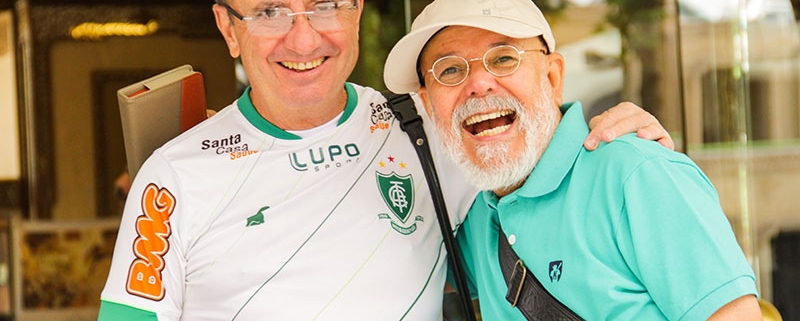
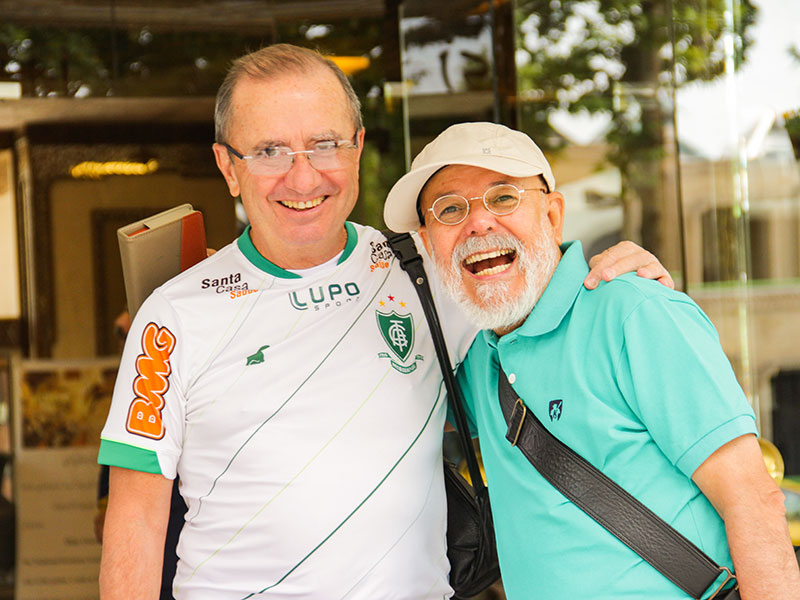

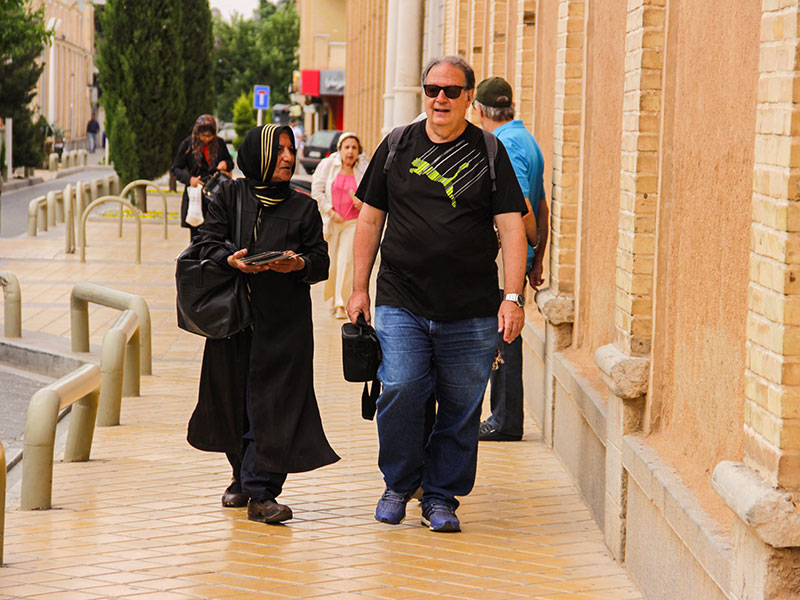
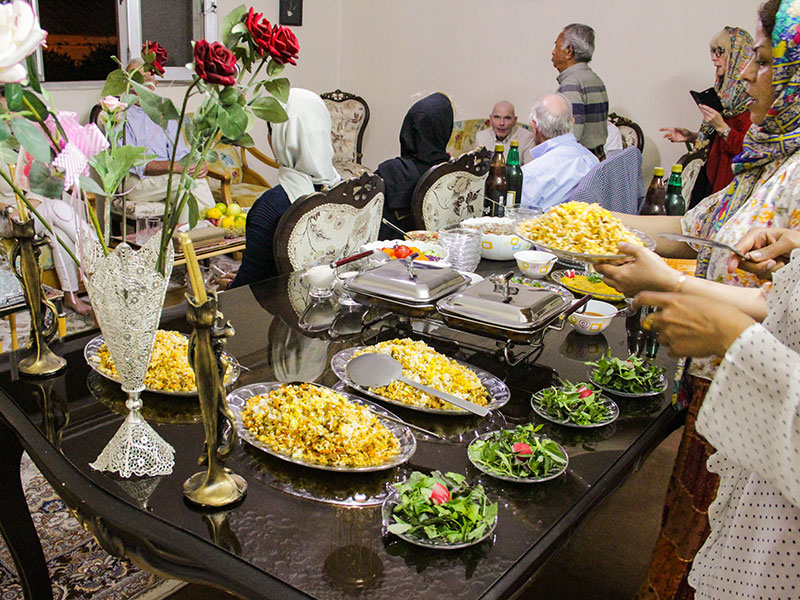

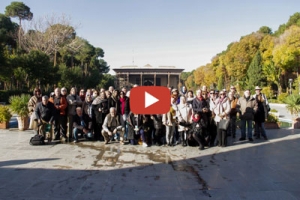


Leave a Reply
Want to join the discussion?Feel free to contribute!